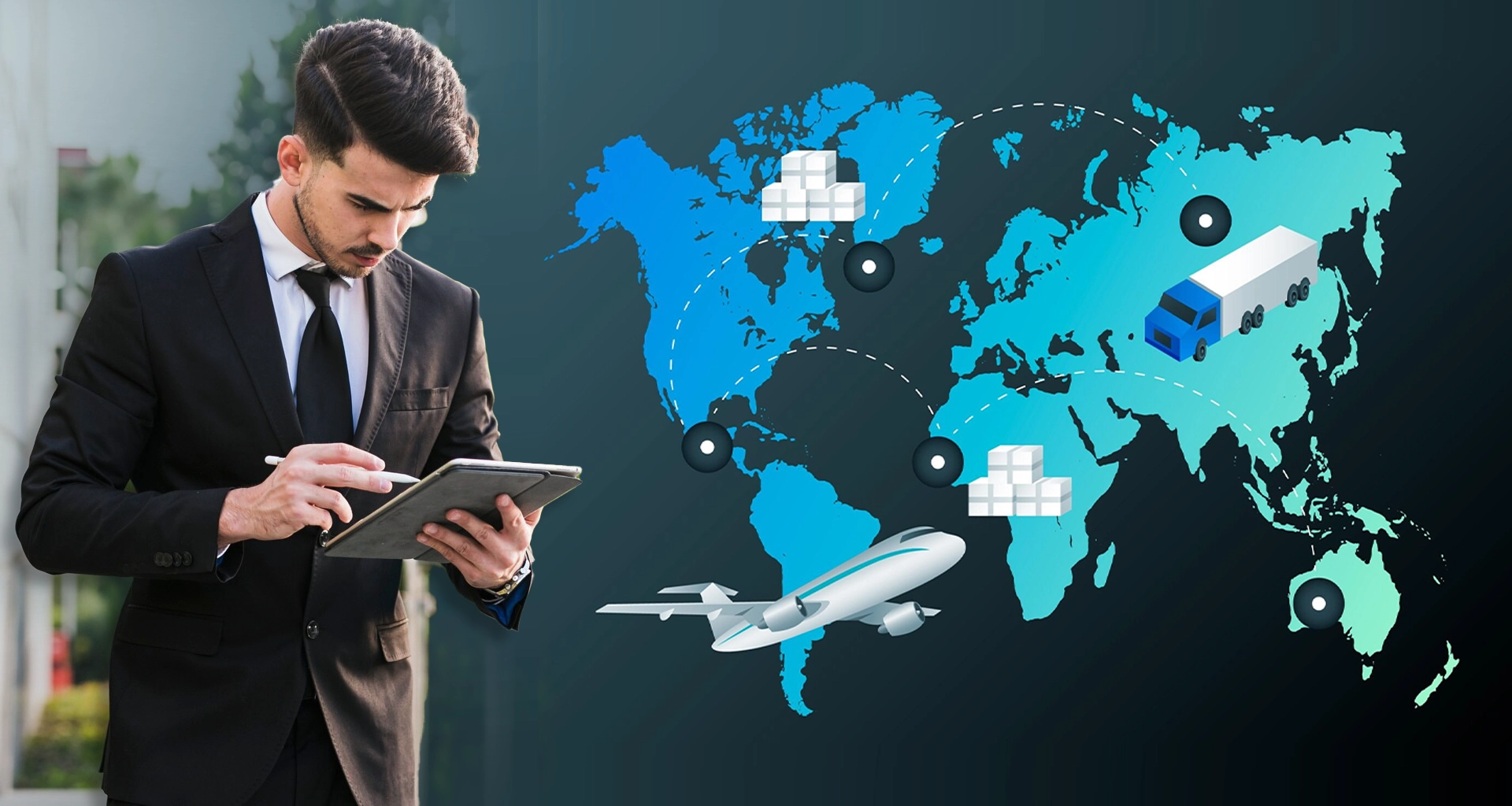A mid-sized retailer struggled with late deliveries and rising shipping costs. Drivers took inefficient routes, and managers lacked real-time shipment updates, frustrating customers and draining profits. Then, they implemented a transportation management system from 3SC Supply Chain. Within months, they cut fuel costs by 15% and improved on-time deliveries by 20%. TMS systems streamline transportation in supply chain management, turning chaos into efficiency. In this post, we’ll explore what a transportation management system is, its key features, industry applications, cutting-edge tech, performance metrics, optimization steps, and the future of TMS with 3SC Supply Chain’s AI-driven solutions. Let’s get your logistics on track. (152 words)
What Is a Transportation Management System?
A transportation management system (TMS) is software that optimizes the planning, execution, and tracking of goods movement across air, land, or sea. As a core part of transportation in supply chain management, a TMS system ensures efficient routing, carrier selection, and compliance with regulations. For example, a manufacturer uses a TMS to consolidate shipments, reducing costs by 12% (Oracle). By providing real-time visibility into shipments, TMS simplifies logistics, boosts delivery accuracy, and cuts paperwork. 3SC Supply Chain’s Transportation Management Systems enhance these capabilities, making logistics seamless for businesses of all sizes. (204 words)
Must-Have Features of a TMS System
A robust TMS system offers critical features to streamline logistics:
- Route Optimization: Plans efficient paths, cutting fuel use by 10% (Manhattan Associates).
- Real-Time Tracking: Monitors shipments, improving visibility by 18% (Forbes).
- Freight Management: Automates rate calculations, saving 15% on costs (NetSuite).
- Analytics and Reporting: Provides KPIs like on-time delivery rates, boosting decisions (Gartner).
- Contract Management: Centralizes carrier agreements, reducing errors by 12% (McKinsey).
3SC Supply Chain’s Transportation Management Systems include these features, helping a retailer save $1M annually (3SC Case Study). These tools make transportation management systems indispensable for efficient logistics. (252 words)
TMS Solutions Powering Retail, Manufacturing, and More
TMS systems drive efficiency across industries. In retail, they ensure timely deliveries, like Walmart’s TMS cutting shipping times by 15% (Forbes). In manufacturing, they optimize raw material transport, reducing costs by 10% (Supply Chain Dive). Food and beverage firms use TMS for cold chain compliance, improving freshness by 20% (McKinsey).
Real-World Success Stories
A 3SC Supply Chain retail client used our Warehouse Management Systems to unify logistics, saving $3M annually (3SC Case Study). Nike streamlined its distribution centers with integrated logistics, cutting costs by 12% (Forbes). Toys “R” Us revamped its supply chain with real-time tracking, saving millions (Forbes). These successes highlight how integrated logistics delivers measurable impact across diverse sectors.
Reverse Logistics Across Industries
Retail, Electronics, and More
Reverse logistics transforms industries. In retail, it handles e-commerce returns, like Amazon’s system processing 25% of orders (Forbes). In electronics, it manages defective devices, reducing waste by 15% (Supply Chain Dive). Automotive firms recycle parts, saving 10% on costs (McKinsey).
A 3SC Supply Chain manufacturing client used our Transportation Management Systems to streamline logistics, saving $2M yearly (3SC Case Study). Giant Eagle reduced empty miles by 8% with a TMS (Manhattan Associates). These examples show how transportation in supply chain management thrives with TMS. (254 words)
AI and IoT: The Tech Behind Modern TMS
AI predicts demand with 90% accuracy, optimizing routes (Gartner). IoT tracks shipments in real time, reducing delays by 14% (McKinsey). Blockchain ensures secure documentation, cutting fraud by 10% (Forbes).
3SC Supply Chain’s Logistics & Transportation Analytics System uses AI to cut fuel costs by 17%. Our Transportation Management Systems integrate IoT, improving delivery times by 15% (3SC Case Study). A client used our TMS to optimize routes, saving $500K annually. These technologies make TMS systems smarter and greener. (256 words)
Tracking Success in Transportation Management
Key metrics for transportation management systems include:
- On-Time Delivery Rate: Improved by 20% with TMS (NetSuite).
- Freight Cost per Unit: Reduced by 15% (Gartner).
- Carrier Performance: Boosted by 12% via scorecards (McKinsey).
3SC Supply Chain’s Real-Time Visibility Dashboard tracks these KPIs, helping a retailer improve delivery rates by 18% (3SC Case Study). Monitoring ensures transportation in supply chain management delivers measurable results, driving efficiency and savings. (252 words)
Steps to Optimize Transportation in Supply Chain Management
To optimize transportation in supply chain management:
- Assess Current Logistics: Identify gaps like inefficient routes.
- Implement a TMS: Use 3SC Supply Chain’s Transportation Management Systems.
- Integrate AI Analytics: Leverage Logistics & Transportation Analytics System for predictions.
- Train Teams: Ensure staff master TMS tools.
- Monitor KPIs: Track with Real-Time Visibility Dashboard.
Partnering with 3SC Supply Chain cuts implementation time by 20% (3SC Case Study). A client optimized logistics, saving $1.5M in six months. These steps ensure a high-performing TMS system. (254 words)
The Future of Transportation Management Systems
The TMS system market will grow at a 17.5% CAGR by 2030 (Grand View Research). AI will reduce delivery costs by 20% (McKinsey). Sustainable routing will cut emissions by 15% (Forbes). Digital twins will enhance planning by 12% (Gartner).
3SC Supply Chain’s Transportation Management Systems lead with AI and green tech, reducing waste by 10% for clients (3SC Case Study). We envision transportation management systems powering efficient, eco-friendly supply chains. (252 words)
Conclusion
Transportation management systems revolutionize logistics, cutting costs and boosting efficiency. From retail to manufacturing, 3SC Supply Chain’s Transportation Management Systems and AI tools deliver results. Ready to optimize transportation in supply chain management? Visit 3SC Supply Chain or email contact@3scsupplychain.com today. Let’s transform your logistics.

